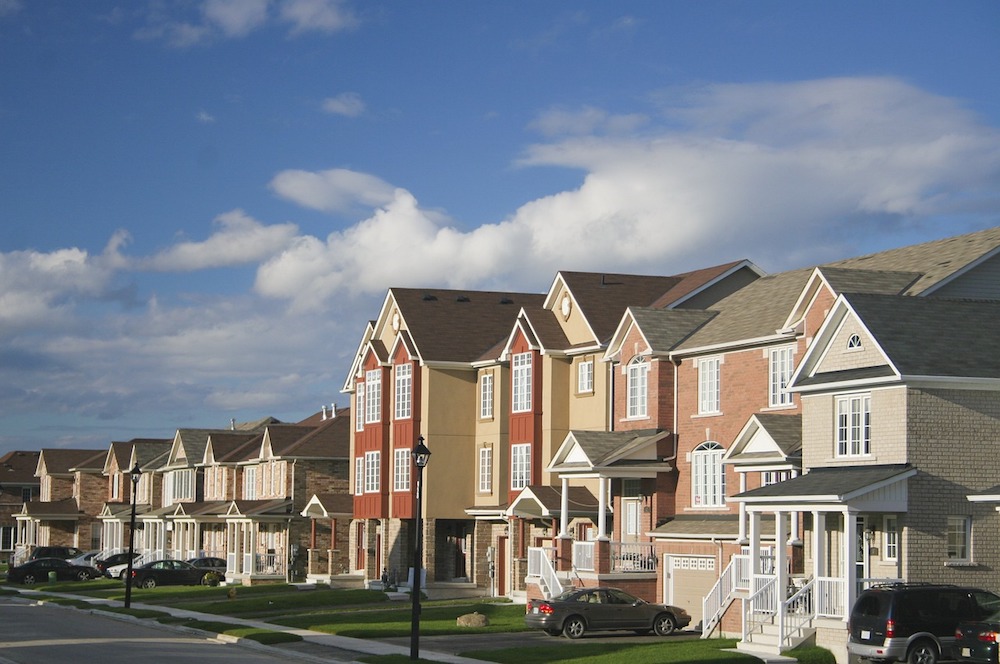Winter Safety Tips for Living Communities: Preventing Cold-Weather Hazards
by rcpmanagemedev, March, 15 2024

It is essential for living communities to be well-prepared to prevent cold-weather hazards and ensure the safety and well-being of their residents. Here are some valuable tips to help keep your community safe during the winter months.
Clear Walkways and Parking Areas
Snow and ice accumulation on walkways and parking areas pose slip and fall hazards. Regularly clear these areas of snow and ice, and apply salt or sand to improve traction. Make sure to address potential trouble spots, such as steps and ramps.
Heating System Maintenance
Ensure that the heating systems in common areas and individual units are in good working order. Schedule regular maintenance checks and address any issues promptly to prevent heating outages during cold spells.
Fire Safety Precautions
As residents rely more on heating devices, the risk of fire increases. Conduct fire safety inspections, remind residents to use space heaters safely, and ensure that smoke detectors and fire extinguishers are in working condition.
Emergency Communication
Establish a clear and efficient communication plan for emergencies. This includes notifying residents of weather-related advisories, providing contact information for maintenance personnel, and outlining emergency procedures.
Snow Removal Contracts
Contract with snow removal services to handle large accumulations of snow and ice promptly. This helps maintain accessibility and prevents dangerous icy conditions.
Resident Education
Educate residents about winter safety. Share tips on dressing warmly, avoiding overexertion when shoveling snow, and recognizing signs of frostbite or hypothermia.
Emergency Kits
Encourage residents to assemble emergency kits with essential items such as blankets, flashlights, non-perishable food, and water. Having these kits on hand can be crucial during power outages or other emergencies.
Building Insulation
Proper insulation helps conserve heat and reduce energy costs. Ensure that buildings are adequately insulated to maintain comfortable temperatures while saving on heating expenses.
By implementing these winter safety tips, living communities can create a safe and comfortable environment for their residents during the cold months. Prioritizing preventive measures and being prepared for winter-related challenges can help reduce accidents, maintain resident satisfaction, and ensure a secure and pleasant living experience.